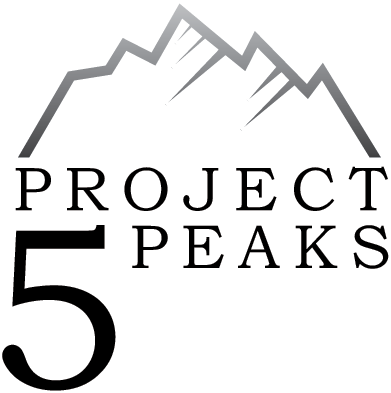Acclimatization at home
I live at 3 meter below sea level. The highest 'mountain' in the area is the 37m high 'Vlaggeduin'. The nearest mountains are a 10 hours drive away. The Netherlands is the perfect place to live for a mountaineer....not.
Besides that specific training in the mountains would be the best training for our expedition, it would be of great help to be pre-acclimatized before we leave for our expedition. This would reduce both the time we need to spend on the mountain and risk for developing altitude sickness.
Since we have no mountains around the corner to acclimatize, we are experimenting with hypoxic pre-conditioning this year. Basically oxygen deprivation at home while sleeping and training to let our bodies already adjust to the altitude. On top of Peak Pobeda there is only 38% of oxygen in the air compared to sea level.
How does it work?
We have installed plastic tents (from Altitude Dream.com ) on our beds that are connected to a machine that uses carbon to regulate the amount of oxygen that is blown into the tent. The machine can simulate the oxygen levels up to an altitude of 6.400m. I'm sleeping in a queen-size tent, while Gijs sleeps in tent that only covers his upper body since his girlfriend was not too fond of joining his acclimatization fun.
This machine can also be connected to a mask which we use when watching TV or sitting behind a computer for passive acclimatization. We also use this mask while doing interval training on a spinning bike. This is a very intense training method, which is also being used by professional sportsmen.
We've been sleeping for four weeks in these tents now and gradually increased the setting up to 4.000m (60% oxygen compared to sea level). We closely monitor our oxygen levels every morning when we wake up. In normal conditions, the oxygen saturation in your blood is 100%, but during our acclimatization we aim to wake up with levels between 90% - 92%. If our levels are higher in the morning, it means we can increase the altitude. If we go lower than 90% it has a negative impact on our training and overall fitness. Now that we are almost leaving, we are 'pushing' it a bit.
My first nights in this tent weren't great. I woke up more tired than normally. Actually, just like your first nights at new altitudes in the mountains! But now I'm quite used to it. So, does it work? Recently we went for a trip to the Alps and went in a day from sea-level to 3.800m without too much issues which is a good sign! We will only know for sure when we fly with the helicopter directly to basecamp at 4.000m!
The Hypoxic tents are sponsored by Altitude Dream.com


